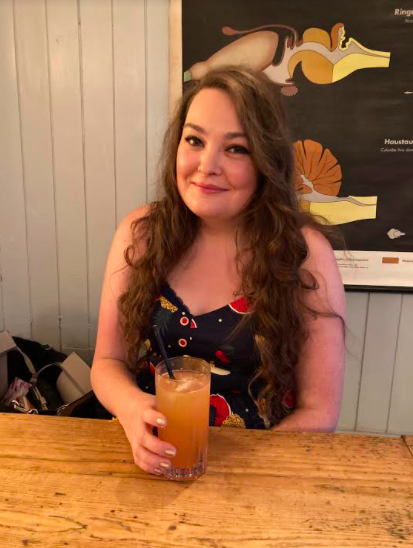Self-Care Is A Product - So Is It Only For The Rich?
Self-care is a term that most Instagram-inhabiting millennials and Gen-Zers are familiar with, whether it’s a concept they practice or not. It’s generally accepted as a practice that involves you maintaining your mental and physical health, or as much as you can, without the involvement of medical practitioners. Even the World Health Organization and mental health charity, Mind, have pages dedicated to its definition and guidance on the subject.
I defy anyone to argue against the value of this. Even without having lived through the past two years, I think we can all agree that looking after ourselves, as best we can, is vital. However, a quick Google search of the term will result in several products designed to help you achieve this ultimate zen state, such as skincare products, books, journals and more. In addition, you will find multiple articles which recommend counselling, taking time off work or treating yourself to a massage. I’m not going to dispute that these items and activities don’t work for people but why have we accepted that self-care is something we can buy when, in essence, it shouldn’t be a necessity? And if self-care can be bought, who gets to be the customer?
For me, self-care has somehow become synonymous with celebrities and influencers taking pictures of themselves in a bath filled with expensive salts, surrounded by candles and a ‘cheeky’ glass of wine with the all-important #selfcare in the caption. This image can also be swapped out for trips to a spa, beauty salon or even a calming weekend away. Of course, there’s plenty of us regular folk engaging in this, too, but it would be naïve to suggest that influencer culture hasn’t played a role in our adoption of these activities. If it hadn’t, you wouldn’t see so many brands eager to go into partnership.
Rarely do we see images of people going to bed at 9pm or writing down their to-do list for the week, which can also be major factors in someone’s self-care. The images we are inundated with scream ‘luxury’ and using the excuse of preserving our health not only validates, but encourages us, to spend money to make ourselves feel well. Who wouldn’t want to treat themselves to a manicure if they thought it could alleviate the week’s emotional stress? Self-care is now a product and it’s, generally speaking, marketed to able-bodied women with a disposable income.
Even if you disregard the products and experiences that are bought in the name of self-care, and focus on activities aimed at rebalancing the mind, such as counselling, it doesn’t deter from the idea that self-care is a product. Therapy is notoriously hard to access, unless you’re able to pay, and taking time off work for your mental health is, unfortunately, not feasible for many due to the loss of earnings. Understandably, healthy eating and nutrition has also formed part of the self-care brand but even this supposedly simple notion can be extremely difficult for people on the poverty line to achieve.
Wherever you look it seems that self-care is something that you must buy into; a sentiment that feeds into the popular doctrine of investing in ourselves and, if we don’t, we risk being branded as lazy or not truly happy with ourselves (one of the ultimate modern-day sins.) Self-care has been absorbed by the health and wellness industry, which is notorious for pointing out our flaws and offering us ways to remedy them for a price, and reproduced as a tangible product we can purchase to ensure our health. But when we look at products of any kind, there will always be a sliding scale of cost, from the dirt cheap to the extraordinarily expensive, so it makes sense that self-care has now found itself on the shelf and ready to be added to basket by those who can afford it.
To increase uptake in self-care, the concept is going to have to go through a rebrand and it will need to be ingrained into our collective psyche from childhood. Self-care should meet the needs of the individual, which means it will vary from person to person. Some people achieve self-care through a regular sleep pattern, others through meditation, and others through sitting down and reading a book. Admittedly, there will be a cost implication for some of these activities but until this is an effect of self-care and not a requirement, the practice will continue to be personified by a social media feed filled with bubble baths, face masks and #selfcare.
Written by Ellie Rees
Ellie Rees is an aspiring writer, based in South Wales. She currently works in marketing and dreams of seeing her novel on the shelves of Waterstones Cardiff one day.









